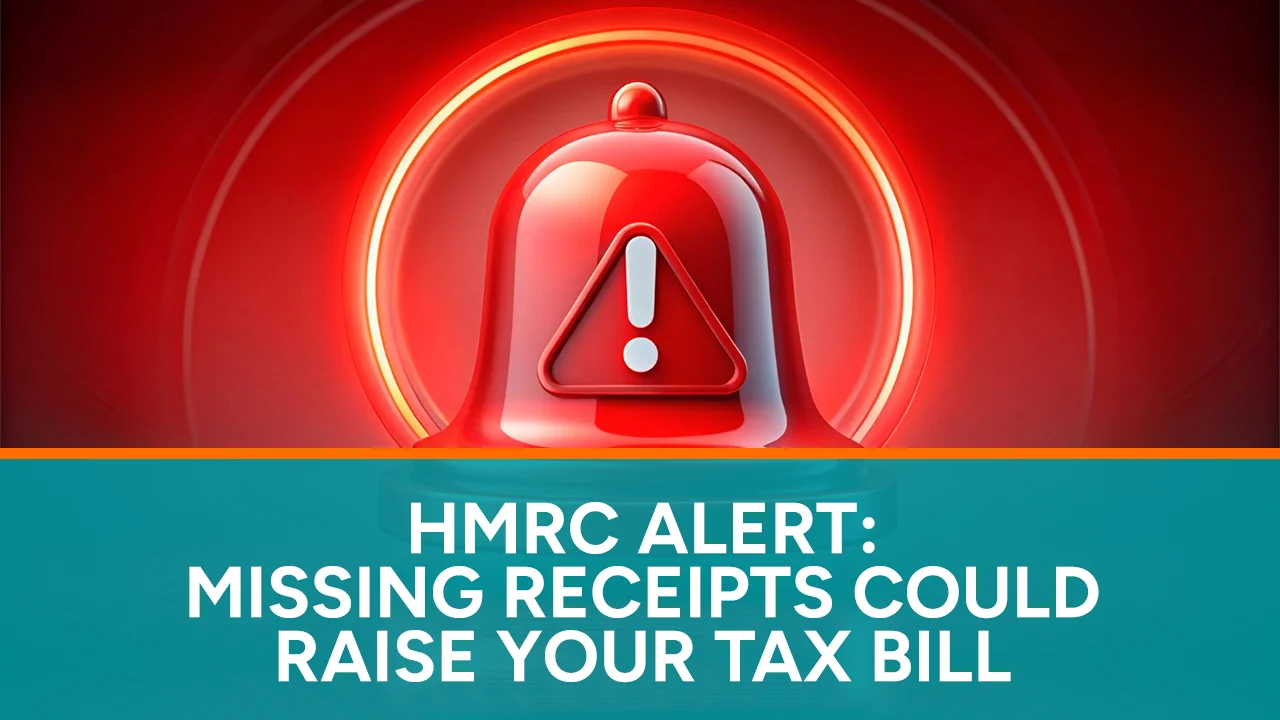Inheritance Tax (IHT) is a hot topic in the UK again. The Treasury expects to collect a record £9 billion from IHT by 2026/27, causing concern for many families. This tax, once thought to affect only the very rich, is now impacting the middle class.
The number of estates facing inheritance tax is predicted to rise sharply from over 24,000 in 2021/22 to more than 37,000 in five years. What’s causing this increase? A mix of rising property values, inflation, frozen tax thresholds, and changes in rules. Now, even a simple three-bedroom home in many areas of the UK can lead to a tax bill in the six figures.
Understanding Inheritance Tax UK 2025: What You Need to Know
Inheritance Tax UK 2025 still works the same way: estates valued over £325,000 (the nil-rate band) pay a 40% tax on the amount above this limit. If you pass your main home to direct descendants, you get an extra allowance of £175,000, called the residence nil-rate band. This means couples could potentially have a combined threshold of £1 million, but it’s more complicated than that.
These thresholds have been frozen since 2009 and will stay the same until at least 2030. This freeze has lasted over two decades, while property values have changed significantly. As a result, more estates are falling into the tax bracket each year, especially in the South East and Greater London. Estates that used to be considered small are now being taxed, and many families don’t even know they’re at risk.
The Rising Inheritance Tax Bills No One Saw Coming
The number of estates is increasing, and so are tax bills. In 2025, families in Inner London might face inheritance tax bills of up to £340,000. In Greater London, average bills could reach £275,000. These higher tax bills reflect rising house prices, inflation, and stricter relief rules.
Cities like Manchester, Leeds, and Birmingham are also seeing rising home values. Many local families may be surprised by inheritance tax when a loved one dies. Anyone with assets over £500,000 needs to plan for inheritance tax, which now includes many homeowners in the UK.
How Business and Agricultural Relief Reforms Will Impact You
Business owners and farmers need to pay close attention. In the past, Business Property Relief and Agricultural Property Relief offered 100% tax relief on qualifying assets. But changes are coming.
Starting April 6, 2026, new rules will take effect. Under these rules, only the first £1 million in qualifying assets will receive 100% tax relief. Any value above that will only get 50% relief. These changes could lead to significant tax bills for business owners and landowners. If you’ve dedicated your life to building a business or running a farm, this tax change could threaten what you’ve worked hard to protect.
Pensions in the Firing Line: IHT Pension Changes 2027
Pensions used to be a safe option for passing on wealth. Defined contribution pensions could be inherited tax-free, providing families with flexibility and financial security. However, starting in April 2027, new inheritance tax rules will apply to these pensions.
This change will have a big impact. Many middle-income savers rely on pensions to transfer wealth over time. Adding these assets to the inheritance tax could significantly raise tax bills. It is estimated that over 10,000 estates will be affected in the first year, with more facing higher taxes later on. If you haven’t looked at your pension plan recently, now is the time to do so.
Why Inheritance Tax Estate Planning Is More Urgent Than Ever
Estate planning used to be something people put off, but now it’s more important than ever. Delaying can lead to serious risks. Planning helps protect not just wealth but also families and their future.
There are many estate planning options available, such as setting up family trusts, making lifetime gifts, utilising life insurance to cover taxes, and updating wills to comply with current laws. These options are not just for the wealthy; they help anyone avoid extra taxes. At Clarkwell & Co., we specialise in Inheritance Tax Advice in London, assisting clients across the UK in reducing their tax exposure while staying compliant.
The Hidden Risk of Doing Nothing: Estates Liable for Inheritance Tax Will Skyrocket
The Office for Budget Responsibility reports that over 1,570 more estates will face inheritance tax (IHT) in 2026. By 2027, the total could rise to over 37,000 estates, a nearly 55% increase from recent years. This is just the start.
The real risk is doing nothing. Many families only learn about their inheritance tax liability after death, making it too late to make changes. This leads to rushed asset sales, stress for grieving family members, and unnecessary taxes. Acting early gives you more options. Don’t wait for a crisis; take control now.
How to Reduce Inheritance Tax: Practical Tips That Work
How can you reduce inheritance tax? Start by giving gifts. You can gift up to £3,000 each year without tax. Gifts made more than seven years before you die are usually free from inheritance tax. Gifts for weddings and small gifts of £250 per person each year also help.
Next, think about trusts. Discretionary trusts let you manage assets for beneficiaries and may lower inheritance tax. Pension planning is another option; some pension plans are better for inheritance than others. You can also donate to charity, which reduces your taxable estate. Our advisors at Clarkwell & Co. can create a custom inheritance tax plan for you.
The Call for IHT Reform UK: Is Change Coming?
There is growing pressure for reform of inheritance tax (IHT) across the UK. Economists, MPs, and advocacy groups believe the current system punishes people who save and invest wisely. Some suggest raising the threshold or eliminating IHT for a fairer system.
Reforms take time, and political issues can slow down even good plans. Until new policies are introduced, families must work with the existing rules. This means they need to plan their inheritance tax early and carefully. Don’t let uncertainty about changes stop you from taking action now.







